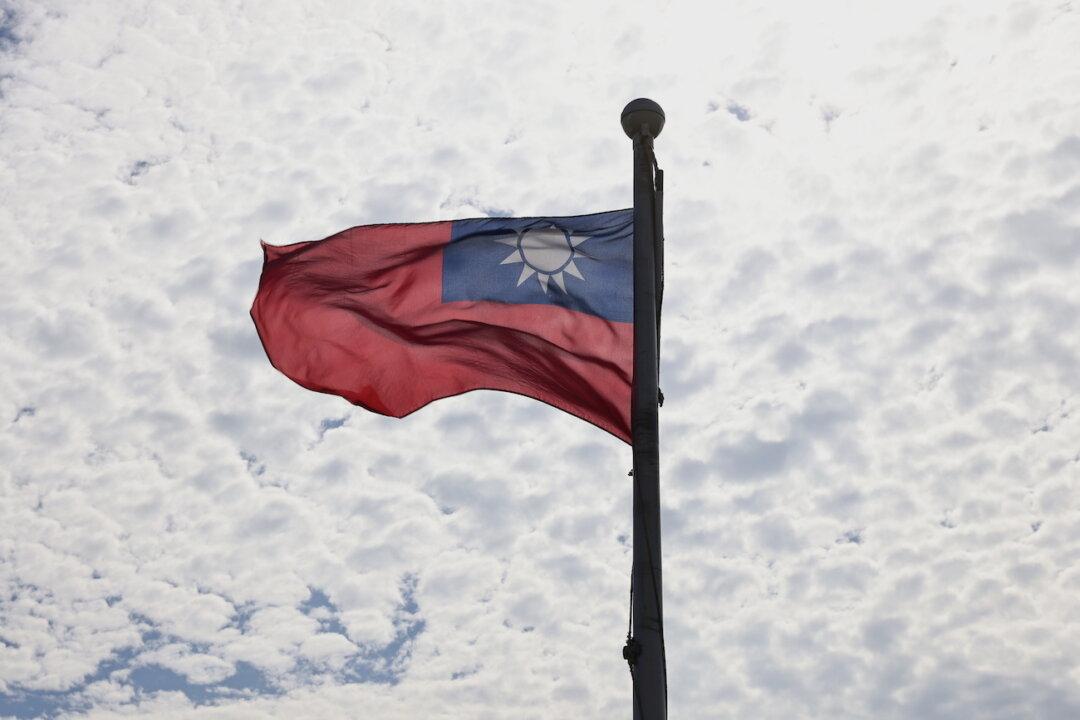Commentary
At last week’s global Summit on Democracy, Washington managed to offend both Taipei and Beijing in a rare instance of unity between the two.

At last week’s global Summit on Democracy, Washington managed to offend both Taipei and Beijing in a rare instance of unity between the two.